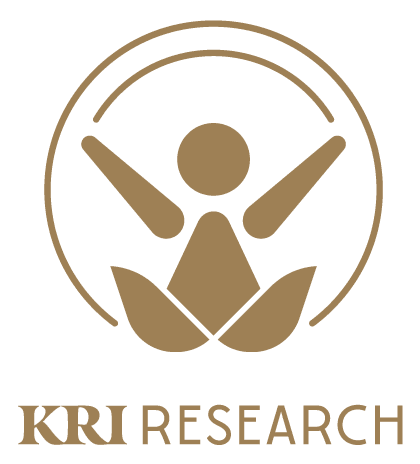One day of live lectures and breakout sessions with the world’s leading experts on Kundalini Yoga research.
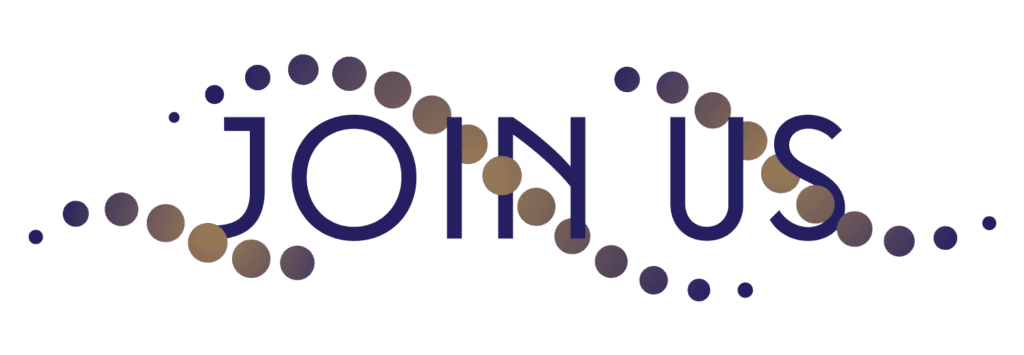
Welcome to the Symposium on Kundalini Yoga:
Scientific Research and Applications for Health and Therapy
The live sessions will be recorded and made available to all registrants after the event!
Symposium on Kundalini Yoga is approved for:
– 7 hours Continuing Education Units/credits for Yoga Alliance
– 7 hours for Approved Professional Development (APD) for the International Association of Yoga Therapists
– 8.4 contact hours for nurses as required by the California Board of Registered Nurses; provider number CEP 13960
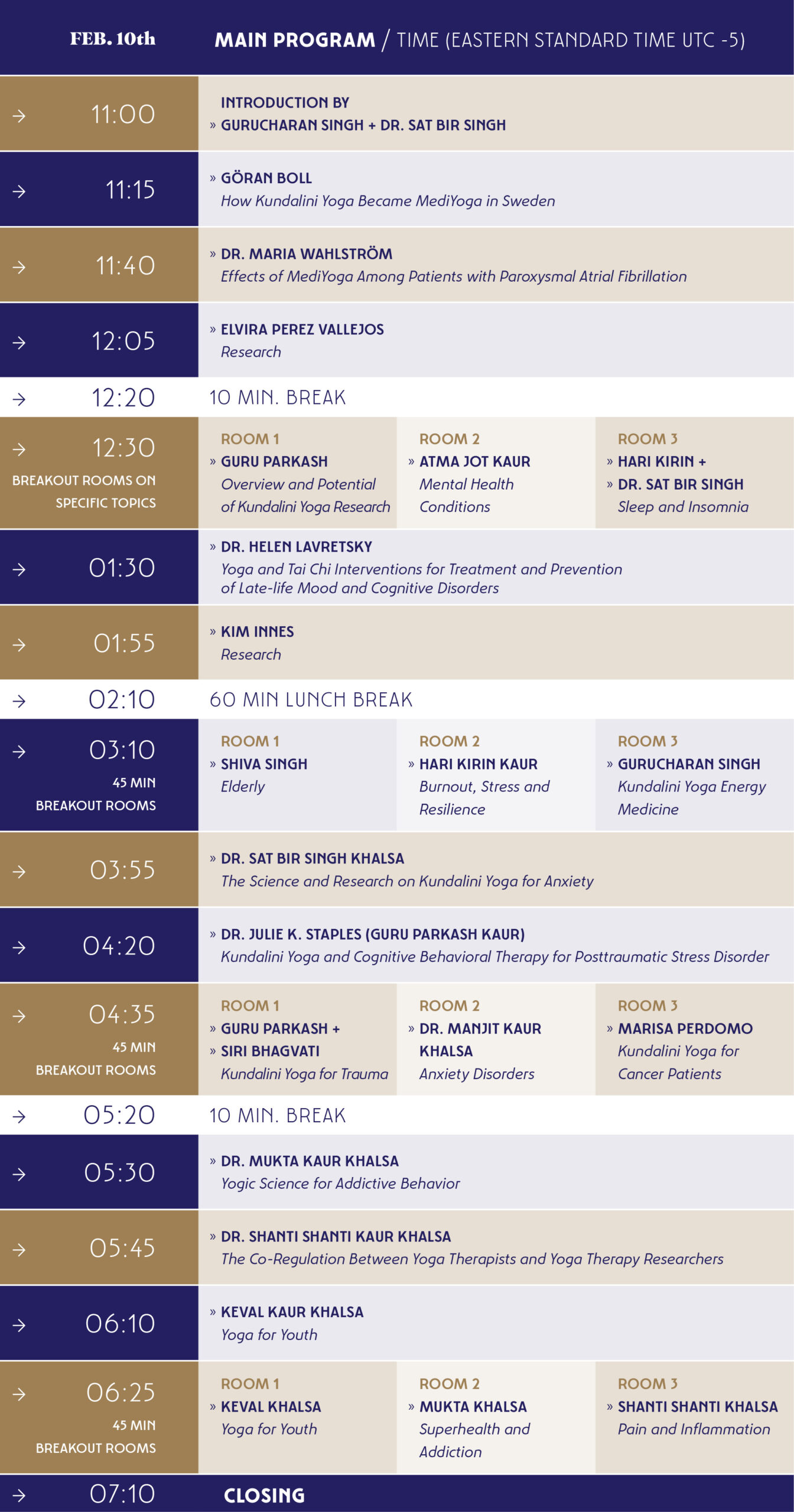
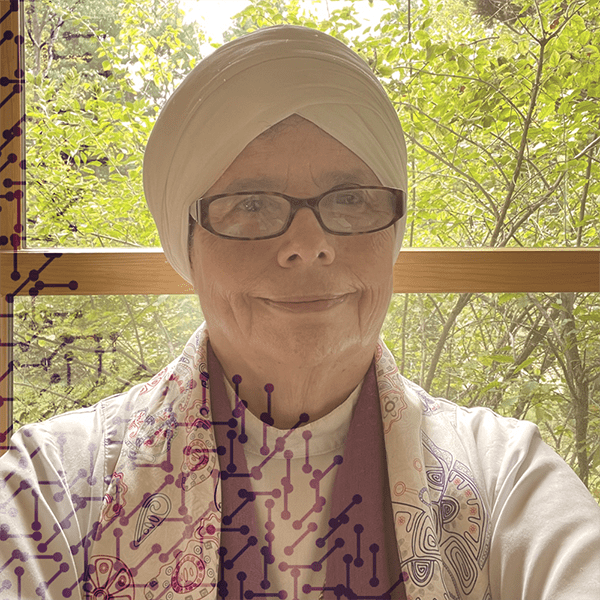
— Dr. Manjit Kaur Khalsa —
Dr. Manjit Kaur Khalsa, Ed.D., has been doing research in the field of yoga and psychology for more than a decade. She is a highly experienced Psychologist, in Private Practice in Millis MA. and consulting at Riverside Community Care in Milford, MA. She is also a long-time Kundalini yoga teacher and Chairwoman of the Board of Sikh Dharma of MA, which oversees Guru Ashram and yoga center in Millis, MA. She is also co-founder of Yoga Cognitive Behavioral Therapy (Y-CBT) and co-author of The Yoga – CBT Workbook for Anxiety (New Harbinger Publications. 2017).
This 45-minute breakout room workshop provides an opportunity to share and dialogue with the attendees on the underlying principles of Kundalini Yoga that apply to the treatment of Generalized Anxiety Disorder. We’ll focus on questions from the attendees and discuss some of the challenges both to implementing yoga programs and doing research in this field.
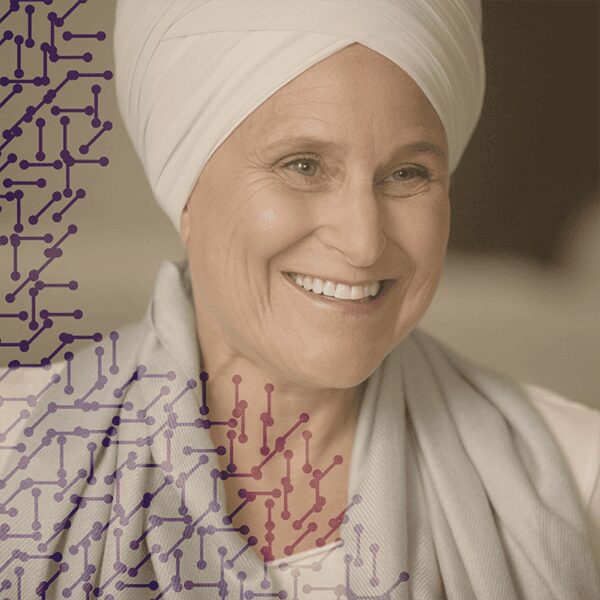
— Hari Kaur —
Director and Founder of Hari NYC The Treehouse – Kundalini Yoga, Meditation, Qi Gong, and Jazz – directs and teaches Kundalini Classes and Teacher Trainings in the US and abroad. Hari is co-author with Machelle Seibel, MD of “A Woman’s Book of Yoga: Embracing Our Natural Life Cycles” (Penguin 2002) and author of “A Woman’s Book of Meditation: Discovering the Power of a Peaceful Mind” (Penguin 2006). She was a founding board member of Yoga Alliance representing Kundalini Yoga – the national registry maintaining standards for yoga teachers. Hari was chosen by SONIMA and Yoga Journal as one of the top ten Influencers of Yoga in the USA. Hari is part of the generation of senior teachers in the US whose dedication to teaching created the movement that integrated yoga into modern life.
This 45-minute breakout room workshop provides an opportunity to share and dialogue with the attendees on the underlying principles of Kundalini Yoga that apply to the treatment of Generalized Anxiety Disorder. We’ll focus on questions from the attendees and discuss some of the challenges both to implementing yoga programs and doing research in this field.
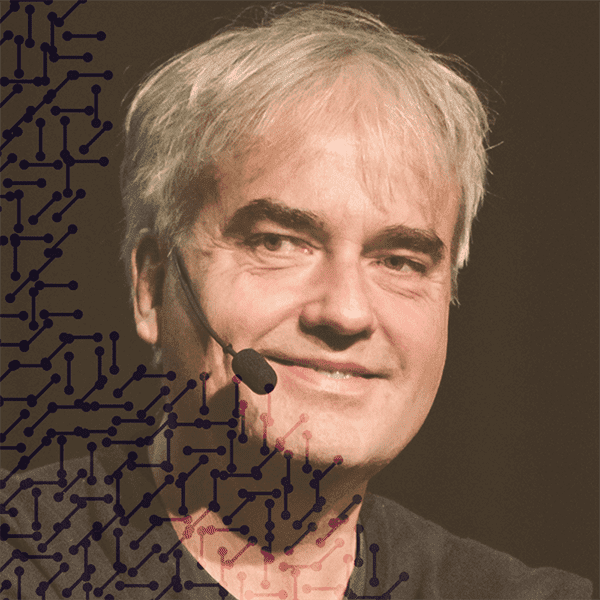
— Göran Boll —
MediYoga, a therapeutic form of Kundalini Yoga was developed in Sweden by Göran Boll. In 1998 he participated in the first scientific yoga research project in Sweden, together with the Karolinska Institute. Between then and 2018 he participated in more than 90 % of all Swedish research on yoga.
In 2010 researched MediYoga programs were implemented into the Swedish national health system. Today, through in-house MediYoga trained NHS personnel more than 340 (25% of all) hospitals, primary care- and specialist clinics In Sweden use these programs for a wide range of diagnoses.
Göran Boll also introduced yoga in 300 workplaces all over Sweden, he has lectured internationally, in Europe, India and in the USA. In 2015 he organized the first yoga research conference in Sweden, in collaboration with the Karolinska Institute and IAYT. 2013-2023 he was part of the IAYT advisory council.
Göran Boll will describe how he “cracked the code” and managed to get Kundalini Yoga, in the form of MediYoga, into the Swedish NHS, in a way where Sweden today is the most successful country in the world in this respect.
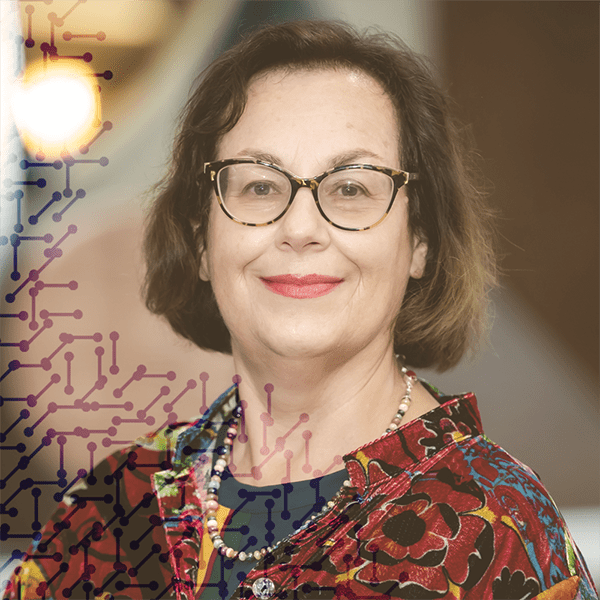
— Helen Lavretsky —
Helen Lavretsky is a Professor of Psychiatry at UCLA and a geriatric integrative psychiatrist with federally funded research program in geriatric depression and integrative mental health using mind-body interventions. She is a recipient of the Career Development award from NIMH and the NCCIH, and other prestigious research awards. Her current research studies include investigations of yoga and Tai Chi interventions for treatment and prevention of late-life mood and cognitive disorders. She is the Distinguished Life Fellow of the American Psychiatric Association and the Fellow of the American College of Neuropsychopharmacology, and the recipient of the Distinguished Investigator awards for research in geriatric psychiatry from the American College of Psychiatrists and the American Association for Geriatric Psychiatry. She the Director of the Late-life mood, stress and wellness program and the Integrative Psychiatry program. She is the President of the American Association for Geriatric Psychiatry.
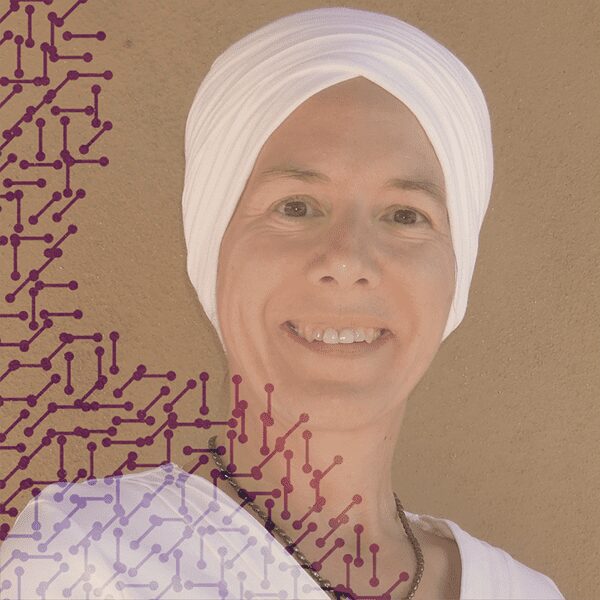
— Julie K. Staples —
Julie K. Staples, Ph.D. (Guru Parkash Kaur) is the Research Director at The Center for Mind-Body Medicine and Adjunct Assistant Professor at Georgetown University. She has conducted research in mind-body medicine for traumatized populations for over 25 years. Her self-help book Reclaiming Life after Trauma teaches Kundalini yoga and cognitive behavioral therapy tools to heal trauma symptoms. She is a faculty member of the International Kundalini Yoga Therapy Professional Training program. She currently teaches online courses for yoga teachers, yoga therapists, and health professionals on the science of yoga.
Title: Kundalini Yoga and Cognitive Behavioral Therapy for Posttraumatic Stress Disorder
In this talk, Dr. Staples will present her pilot research study on the Integrative Trauma Recovery Program using Kundalini yoga and cognitive behavioral therapy for Posttraumatic Stress Disorder.
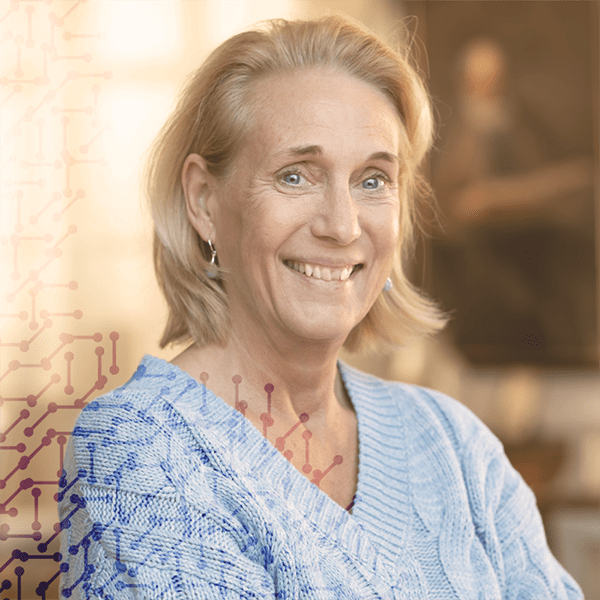
— Maria Wahlström —
Maria Wahlström is a registered nurse and employed at Sophiahemmet University, Stockholm, Sweden. She is working as a lecturer and has an PhD since 2019, Karolinska Institute, Stockholm, Sweden. She started in 2009 to investigate, in a small project, the effects of MediYoga among patients with myocardial infarction and have since then completed four studies in MediYoga and patients with paroxysmal atrial fibrillation. She has, together with Göran Boll, implement MediYoga in the Swedish health-care. The topics of her thesis is if MediYoga has effects in quality of life, blood pressure and heart frequency among patients with symptomatic paroxysmal atrial fibrillation. New studies are planned together with Karolinska Institute and Herlev and Gentofte University Hospital, Copenhagen, Denmark. The topics are effects of hypertension and elderly people performing MediYoga as well as an international study among patients with symptomatic paroxysmal atrial fibrillation.
Effects of MediYoga among patients with paroxysmal atrial fibrillation.
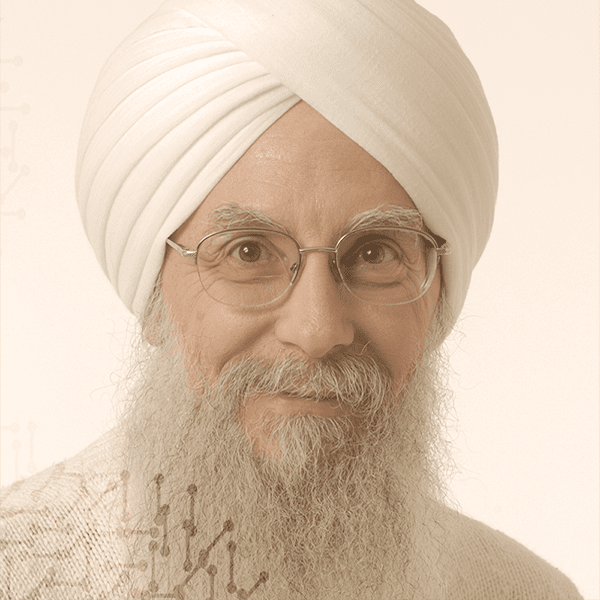
— Sat Bir Singh Khalsa —
Sat Bir Singh Khalsa, Ph.D. is the Director of Yoga Research for the Yoga Alliance and the Kundalini Research Institute, a Research Associate at the Benson Henry Institute for Mind Body Medicine, a Research Affiliate at the Osher Center for Integrative Medicine, and an Associate Professor of Medicine at Harvard Medical School at Brigham and Women’s Hospital. He has conducted research on yoga and yoga therapy since 2001 and has been a practitioner/instructor of Kundalini Yoga since 1973. His research has evaluated yoga for insomnia, chronic stress, and anxiety-related disorders, and in workplace and public school settings. He works with the International Association of Yoga Therapists promoting yoga research as scientific director for the annual Symposium on Yoga Research and as editor-in-chief of the International Journal of Yoga Therapy. He is medical editor of the Harvard Medical School Special Report Introduction to Yoga, and chief editor of the medical textbook The Principles and Practice of Yoga in Health Care.
The Science and Research on Kundalini Yoga for Anxiety
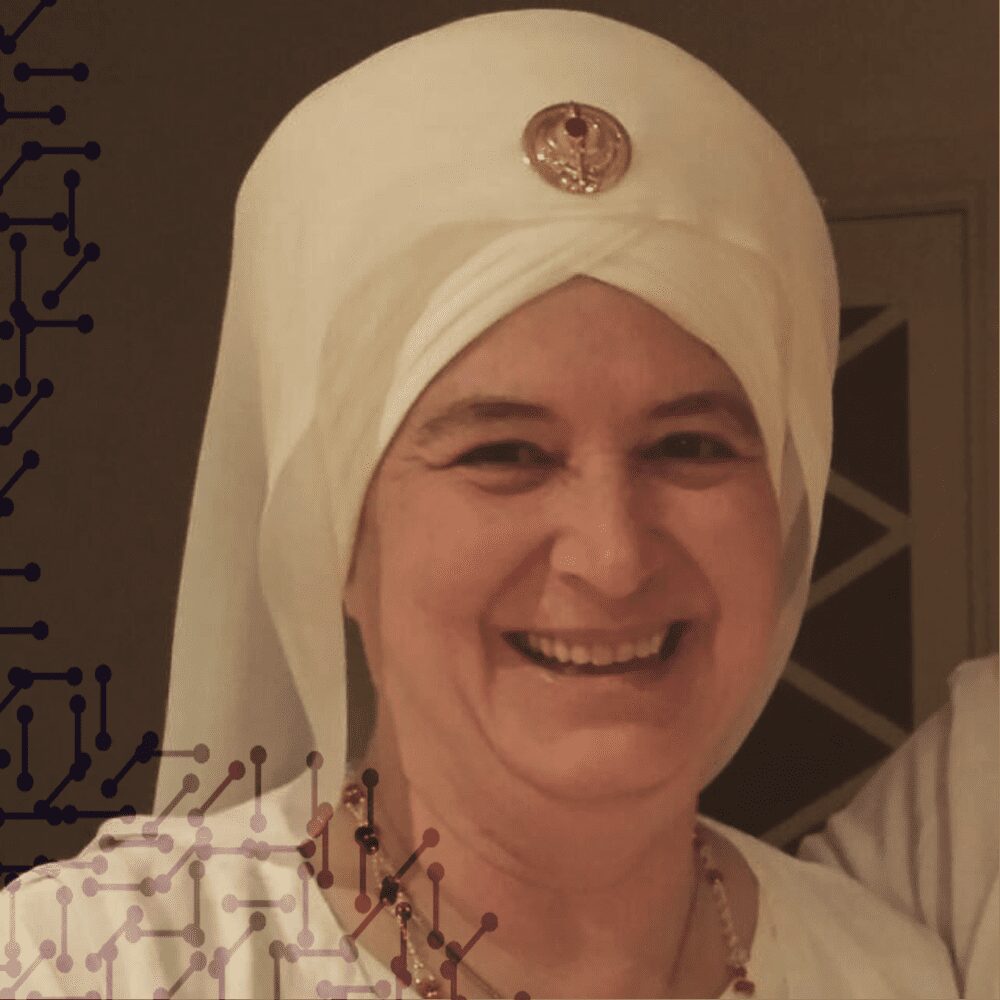
— Shanti Shanti Kaur —
Shanti Shanti Kaur Khalsa, PhD, C-IAYT, YACEP, brings the ancient teachings of Kundalini Yoga into modern medicine. She directs the 1,120 hour IAYT accredited International Kundalini Yoga Therapy Professional Training and coordinates outcome studies on the medical effects of yoga practice. Dr. Khalsa’s Yoga Therapy program for people living with HIV is featured in Yoga as Medicine by Timothy McCall, and her groundbreaking work in Kundalini Yoga Therapy is featured in Yoga Therapy and Integrative Medicine: Where Ancient Science Meets Modern Medicine.
The Co-Regulation Between Yoga Therapists and Yoga Therapy Researchers
A Partnership and Pathway to clinically informed research, and evidence informed practice.
Special Interest Topic: Kundalini Yoga Therapy Approaches to Reduce Pain and Inflammation
Pain and Inflammation are interwoven and are key factors in chronic illness. When we reduce inflammation, we reduce both symptoms and root cause of diverse and widespread lifestyle conditions including diabetes, heart disease, cognitive decline, weight gain, cancer, auto immune disorders and insomnia. Explore Kundalini Yoga methods clinically demonstrated to cool pain and inflammation.
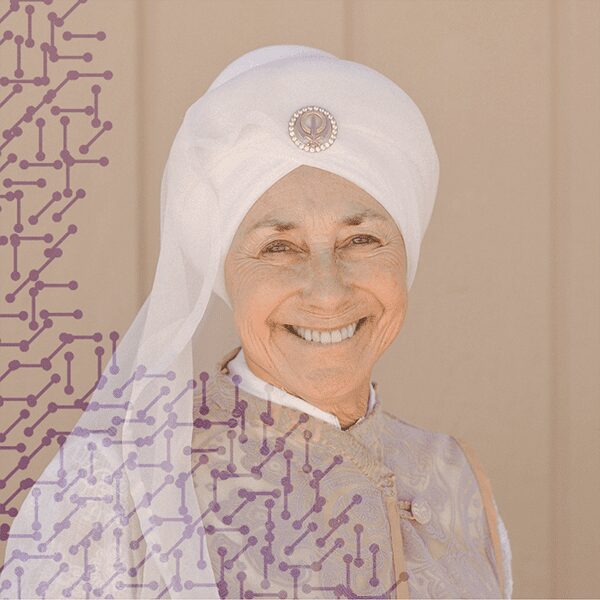
— Mukta Kaur —
Mukta Kaur Khalsa, Ph.D., Director of SuperHealth®, is a Nationally Certified Addictions Counselor and MAC; Licensed Professional Mental Health, Drug and Addictions Counselor; Chief Presidential Authority as an NGO in consultative status with the Economic and Social Council of the United Nations; directed substance abuse and mental health in-patient facility accredited by JCAHO; worldwide trainer. Published researcher: Journal of Ethnicity and Substance Abuse. Author: “Meditations for Addictive Behavior” (in eight languages), “Healing Addictive Behavior,” “Curb the Urge.” SuperHealth manuals: “Principles and Practices,” and “Technology.”
Yogic Science for Addictive Behavior
The SuperHealth system gives practitioners a grounded, intuitive response to life’s challenges. Experience how Kundalini yoga, meditation, breathwork, conscious relaxation, and the healing properties of food facilitate changes needed to break free from addictions and sustain a recovery lifestyle.
Daily practice helps people blossom from recovery to self-discovery with accelerated healing, increased spiritual awareness, and deepened relationship with the True Self.
This is a system of training for recovery success.
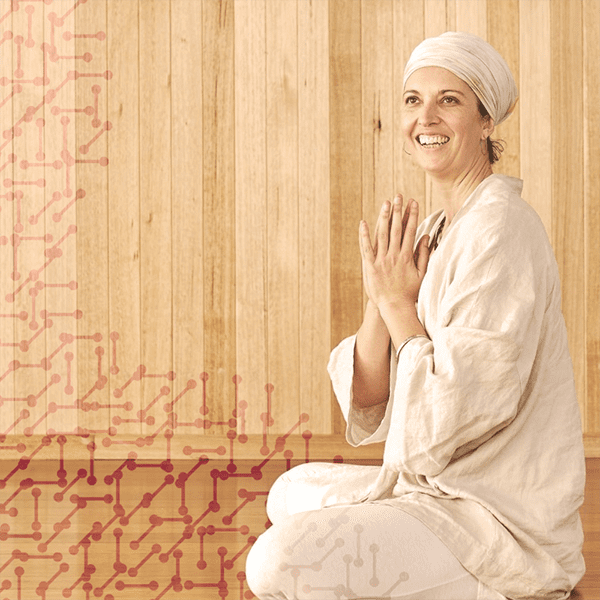
— Siri Bhagvati —
Siri Bhagvati / Billie Atherstone has been working in the field of health sciences and yoga for 20 years. She is a Kundalini Yoga Therapist and teacher, a Professional KRI Teacher Trainer and works as a Kinesiologist and Bowen Therapist. She lives in Melbourne, Australia and is the co-owner of Kundalini House, a Complementary Health Clinic and Yoga Studio. She and her sister opened the business in 2006 with the vision to create a centre where people could be supported to meet their health and wellbeing outcomes with yoga and a wide range of body and talking therapies, including acupuncture, psychology and yoga therapy. (www.kundalinihouse.com.au)
Since 2014, Siri Bhagvati has focused on Yoga Therapy with the Guru Ram Das Center (grdcenter.org) and is a member of the faculty team, teaching open courses and courses within its professional accredited Kundalini Yoga Therapy training. In her clinical work, she has been successfully running specialised courses and one on ones for people in the recovery of trauma, PTSD and health recovery.
“Co- facilitate a 45-minute breakout room workshop on the application of Kundalini Yoga for trauma”
Kundalini Yoga is known to be effective for the nervous system. In this breakout room we will explore using Kundalini Yoga therapeutically as an approach to address trauma and the disregulation of the autonomic nervous system, drawing on insights from Kundalini Yoga Therapy and the Polyvagal Theory.
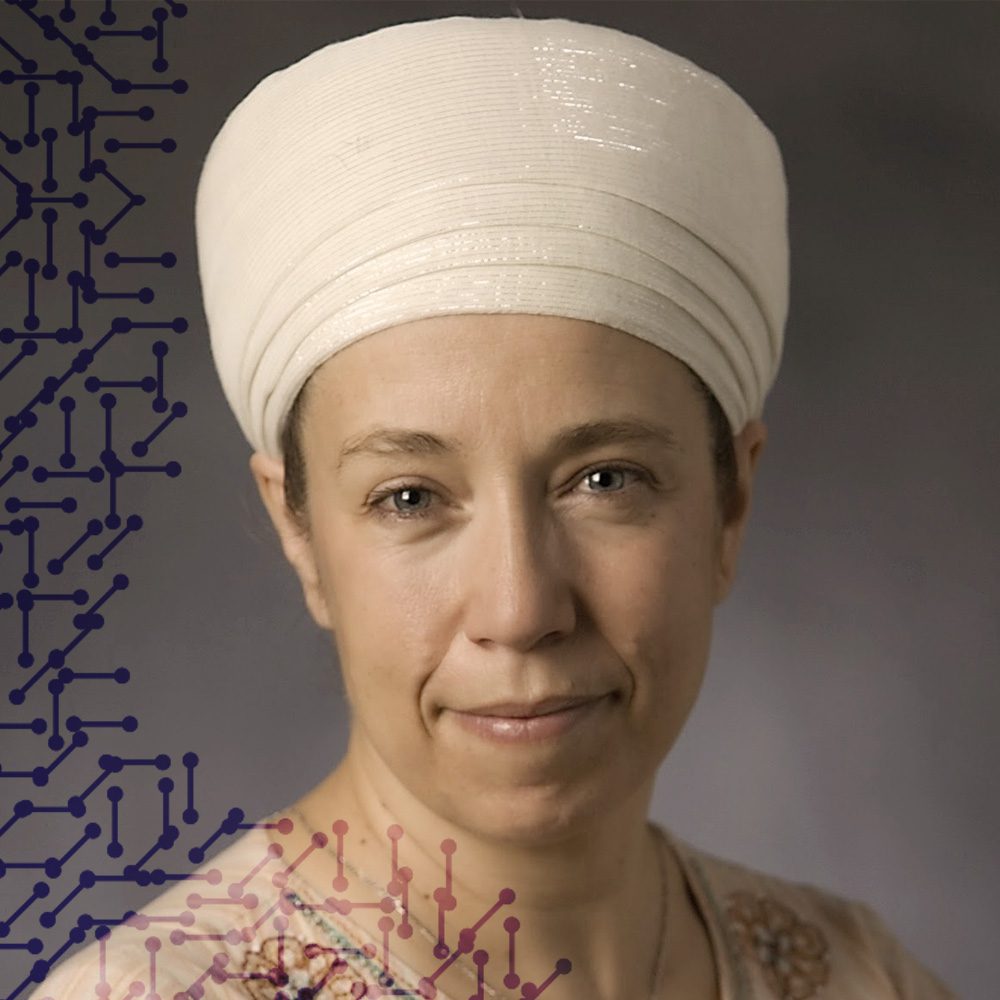
— Keval Kaur Khalsa —
Keval Kaur Khalsa, MA, RYT-500, YACEP, is a Kundalini Yoga Teacher, Teacher Trainer and Mentoring Coach, Y.O.G.A. for Youth Teacher Trainer, and Professor Emerita at Duke University where she taught for 32 years and served as Director of the Dance Program for 7 years. Keval Kaur has coordinated Y.O.G.A. for Youth programming in North Carolina for 16 years and developed and implemented the online version of the Y.O.G.A. for Youth specialty training. Along with Dr. Michele Tracy Berger, Prof. Khalsa conducted a multi-year research study on the effects of yoga and meditation on public middle school students supported by Duke University’s Bass Connections Initiative. Keval Kaur is the owner of Kundalini Yoga Durham, a donation-based studio in Durham, North Carolina. Keval Kaur is committed to the utilization of the embodied practices of yoga, dance and theater as tools for personal and social transformation, particularly with communities often identified as “underserved” or “at risk”.
15-minute Research Lecture: Prof. Khalsa will overview the design, implementation and results of a research study conducted with adolescents participating in Kundalini yoga-based Y.O.G.A. for Youth programming as part of afterschool programs in public middle schools in Orange County, North Carolina.
45-minute Youth Breakout Session: Yoga for Youth Yoga is becoming recognized as a promising tool for developing social emotional learning, physical fitness and mindfulness in children, and is being implemented both formally and informally in educational settings. This breakout session will be an open space to discuss best practices for delivering yoga programming to youth in educational settings, conducting research in educational settings, and challenges and opportunities within the yoga in education field.


 English
English Français
Français Deutsch
Deutsch Italiano
Italiano Português
Português Español
Español